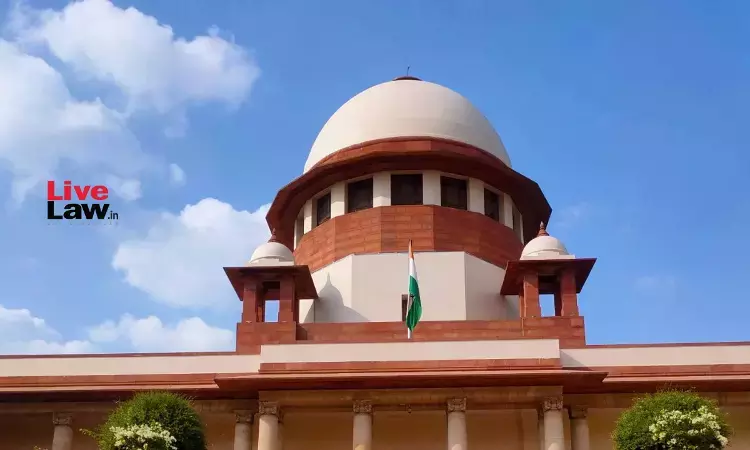Mere Absconding By Accused & Remaining Untraceable For Long Can't Establish Guilt : Supreme Court
Sheryl Sebastian
15 Dec 2023 5:23 PM IST

Next Story
15 Dec 2023 5:23 PM IST
The Supreme Court on Tuesday (12.12.2023) acquitted a man convicted by the High Court of Madras under Section 304 (culpable homicide not amounting to murder) of the IPC, holding that the prosecution was unable to establish the accusation against him beyond reasonable doubt. The Court said he was entitled to be acquitted as it is what the justice of the case demands.The prosecution contended...
